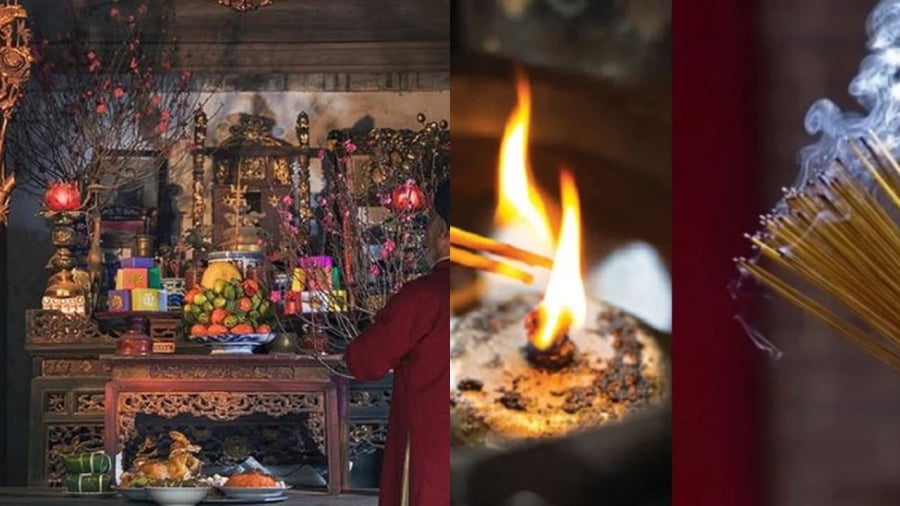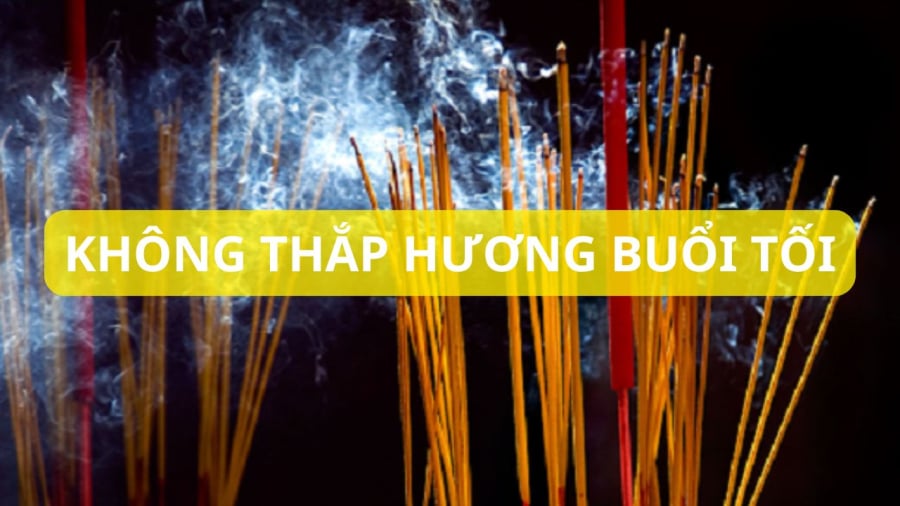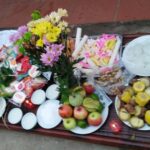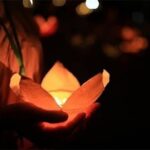Incense Burning: Exploring the Spiritual Significance and Rituals
What is the significance of incense burning?
Incense burning is an integral part of Vietnamese spiritual culture, and it holds a sacred place in any ceremony or offering. Before any ritual, incense is lit and placed in an incense bowl, marking the beginning of the ceremony. In the spiritual realm, incense is believed to be the purest offering, symbolizing sincerity, purity, and goodness.
Burning incense creates a connection between the living and the spiritual realm. It is a way to convey one’s respects and devotion to their ancestors and deities. The act of burning incense is seen as a humble gesture of reverence and remembrance.
The smoke from the burning incense serves as a bridge between the physical and spiritual worlds, inviting the presence of ancestors and deities. It is believed that the smoke carries one’s prayers and wishes to the divine realm, seeking blessings and protection.

Incense Burning: A Deep Spiritual Practice
Traditionally, incense is burned on spiritual occasions such as the first and fifteenth day of the lunar month, death anniversaries, and festivals honoring deities and ancestors. These days hold astrological significance as they coincide with the changing phases of the moon, which are believed to influence natural conditions and earthly fortunes. By burning incense, one seeks blessings for good luck and fortune.
On special occasions like grand openings or ancestral worship, incense is offered along with prayers and wishes directed towards the ancestors and deities.
Why is it advised not to burn incense in the evening?
In Vietnamese spiritual culture, the evening is believed to be a time when yin energy prevails, while yang energy wanes with the setting sun. According to the principles of yin and yang, the daytime represents yang (positive energy), while the night belongs to yin (negative energy). It is believed that ghosts, spirits, and souls are most active during the night.
Burning incense in the evening is thought to invite not only ancestral spirits but also wandering souls and hungry ghosts. This belief stems from the understanding that incense serves as a bridge to the spiritual realm, and burning it at night may attract unwanted entities into one’s home, bringing potential harm to the household.

Evening Incense Burning: Inviting Unwanted Guests?
Additionally, the act of burning incense in the evening can create a sense of gloom and unease, with the smoke and shadows potentially triggering feelings of fear and uneasiness. Therefore, it is customary to refrain from burning incense at night to avoid inviting negative spiritual influences into the home.
Evenings are also typically reserved for family gatherings and rest, and the smoke from incense may cause discomfort and disturb one’s sleep. Furthermore, performing spiritual rituals at night increases the risk of negative spiritual influences affecting one’s health and fortune. As the evening is associated with heavier yin energy, burning incense may further intensify this energy, potentially leading to spiritual and physical ailments.
Other considerations when burning incense
When preparing offerings for the first and fifteenth day of the lunar month, it is advisable to do so in the morning and avoid burning incense after noon, as the strong yang energy of the midday sun is not conducive to spiritual practices.
While incense is an essential part of spiritual rituals, it is crucial to ensure that the incense is free from chemicals and made from natural ingredients. When burning incense, keep the room well-ventilated to prevent a buildup of smoke, and refrain from lighting multiple incense sticks simultaneously to reduce the risk of fire hazards. It is customary to burn incense in odd numbers, such as one, three, or five, with one or three being the most common and preferred.
When lighting incense, avoid blowing it out with your mouth, as it is considered disrespectful and unhygienic. Instead, use your hand to gently wave out the flame. Always keep the incense on the altar dry and intact, as damp incense may fail to burn properly, bringing bad luck. Broken or damaged incense also signifies bad luck and should be avoided.
In the home, it is recommended to burn only stick or cone incense and avoid using spiral incense, which is reserved for temples, shrines, and places of high spiritual practice. Burning spiral incense for ancestors may disturb their peace and invite negative energies into the home, leading to disharmony and illness.
Disclaimer: This article is based on cultural beliefs and practices and may not be scientifically verified.



































